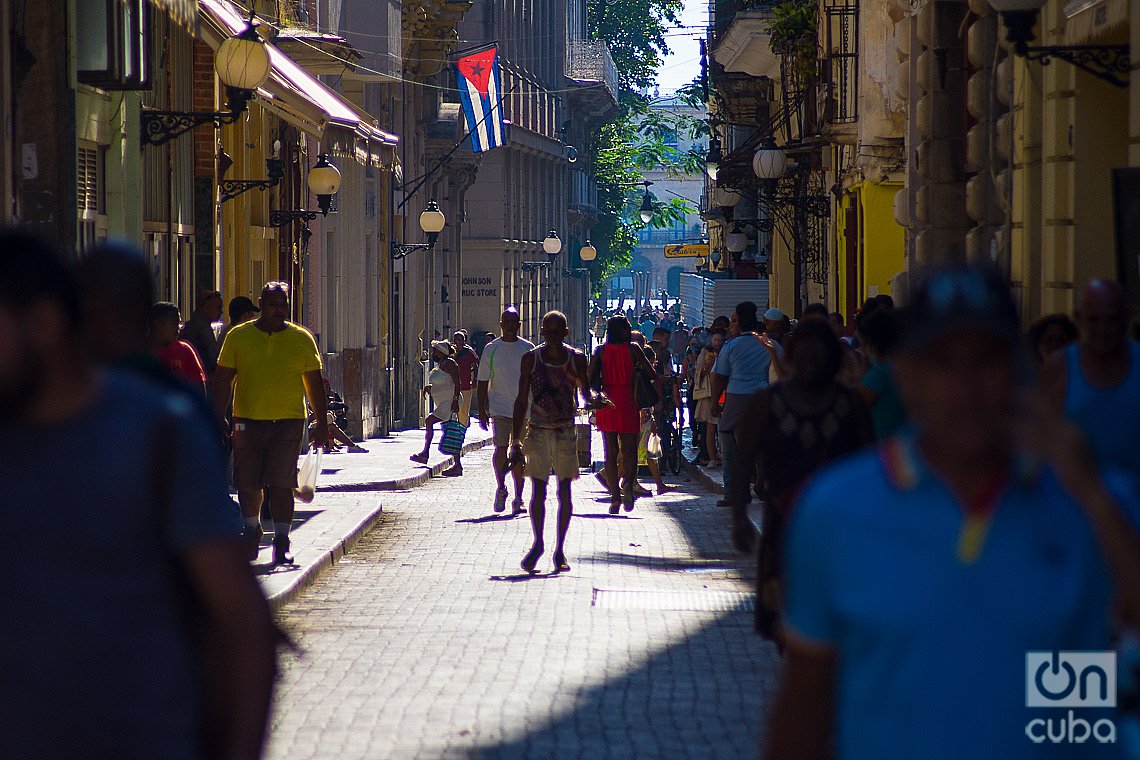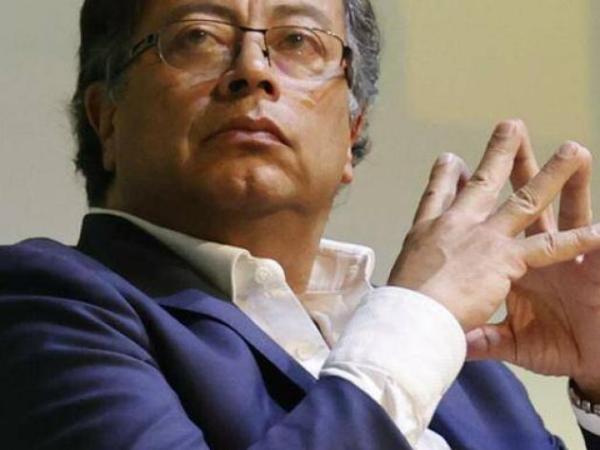The authorities of Havana announced this Friday that starting next week they will begin to schedule power outages in the city, with a view to saving fuel and reducing the blackouts in the rest of the Cuban provinces.
The announcement was made at a government meeting in the Cuban capital, in which the suspension of the carnivalswhich were scheduled for the month of August, and other issues related to the economic situation of the territory were addressed.
Regarding the blackouts, it was reported that these will last four hours and will be scheduled during the daytime, between 10:00 in the morning and 2:00 in the afternoon, with a frequency of every three days in different circuits of the city.
These cuts will be “duly informed to the population” and will represent a saving of 100 megawatts (MW), according to the governor of the capital, Reinaldo García Zapata, quoted by Tribune of Havana.
According to García Zapata, “those circuits of continuous production, water pumping and concentration in hospital centers and medical services will not be turned off, and the programming must consider that other services such as water and gas supply are not affected” , add the middle.
In difficult times let’s make saving a permanent task.#CubaLiveAndWork https://t.co/E5RMRpz8r4
— Havana Government (@gobhabana) July 29, 2022
These announcements are made at a time when Cuba is going through a complex electro-energy situation, marked by fuel shortages and continuous breakdowns and stoppages for maintenance of generating plants. For this reason, annoying blackouts have been scheduled for months throughout the Island, for several hours in a row, to which other “unforeseen” events have been added due to breakages and natural phenomena.
These power cuts, which usually occur more than once a day and extend even into the early hours of the morning, have increased social discontent in the country, along with the deep economic crisis, and have made the issue a priority for authorities, who systematically report on the existing damages and the actions that are carried out to overcome them.
However, Havana had remained without major damage so far, despite being the most populous province and having several of the most important industries on the island, which had caused many complaints from residents of other territories.
Given this scenario, the Havana authorities assured that the blackouts in the capital were proposed “as a way of being in solidarity with the rest of the nation.”
“As the capital of all Cubans, I am sure that the Havana people will assume this sacrifice with great dignity and respect, with an attitude of solidarity towards the other territories,” said Luis Antonio Torres Iríbar, first secretary of the Communist Party in Havana, in this regard. aforementioned by Cuban News Agency (ACN).
These statements, however, have also generated discomfort and criticism on social networks, considering that what was announced is insufficient and disrespectful to the rest of the country, which suffers daily from long blackouts.
The capital authorities also announced other measures to reduce electricity consumption in the city, including “intensifying rigorous control” in state centers “where there is evidence of waste” and the new economic actors “with high consumption” and readjusting their rates with a reduction 20% of their average monthly consumption, and “increase remote work, telework and mass vacations, as a measure of energy savings and cost reduction, but guaranteeing productivity and efficiency levels”.
With this, according to García Zapata, Havana “will be able to be framed within the assigned consumption plan, amounting to about 600 MW, even more so now when we are not being responsible or efficient in its fulfillment,” says the ACN.
During the meeting, topics such as retail commercial circulation in Havana, the digitization of various processes and companies with losses in the capital were also addressed, and the need to “promote national, industrial and agricultural production” was stressed, to “implement a program to gradually reduce the budget deficit and achieve financial balance”, and to “resize the state company, optimizing its operation”.
Regarding the Havana carnival, which had been scheduled for August, García Zapata confirmed its suspension “due to problems with fuel and public transportation.” However, the governor announced the holding of popular festivals from the 19th to the 21st of that month in some municipalities and from the 26th to the 29th in others.
That last weekend there will also be “festivities with cultural shows and gastronomic offers” on the Havana Malecón, reports the news release.















